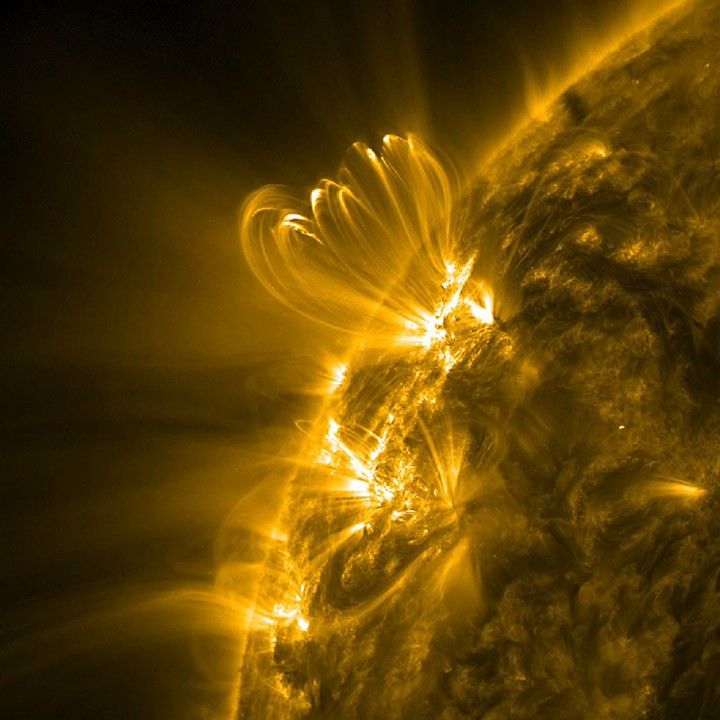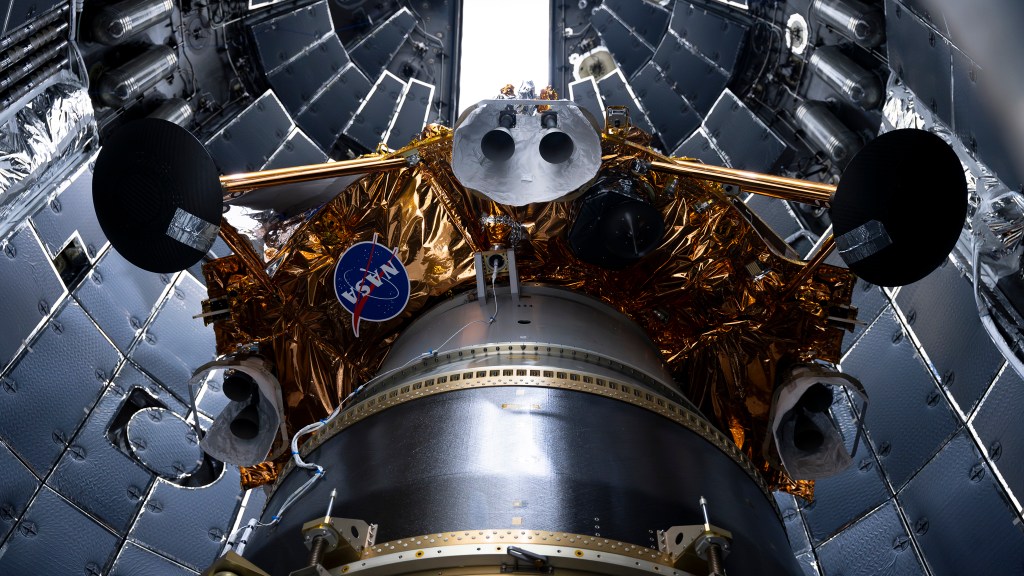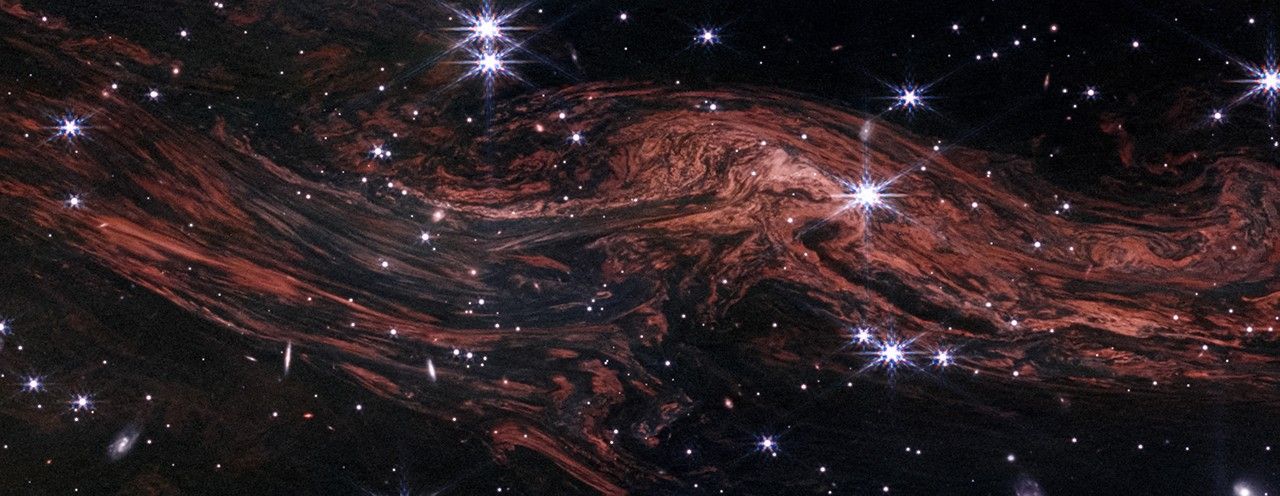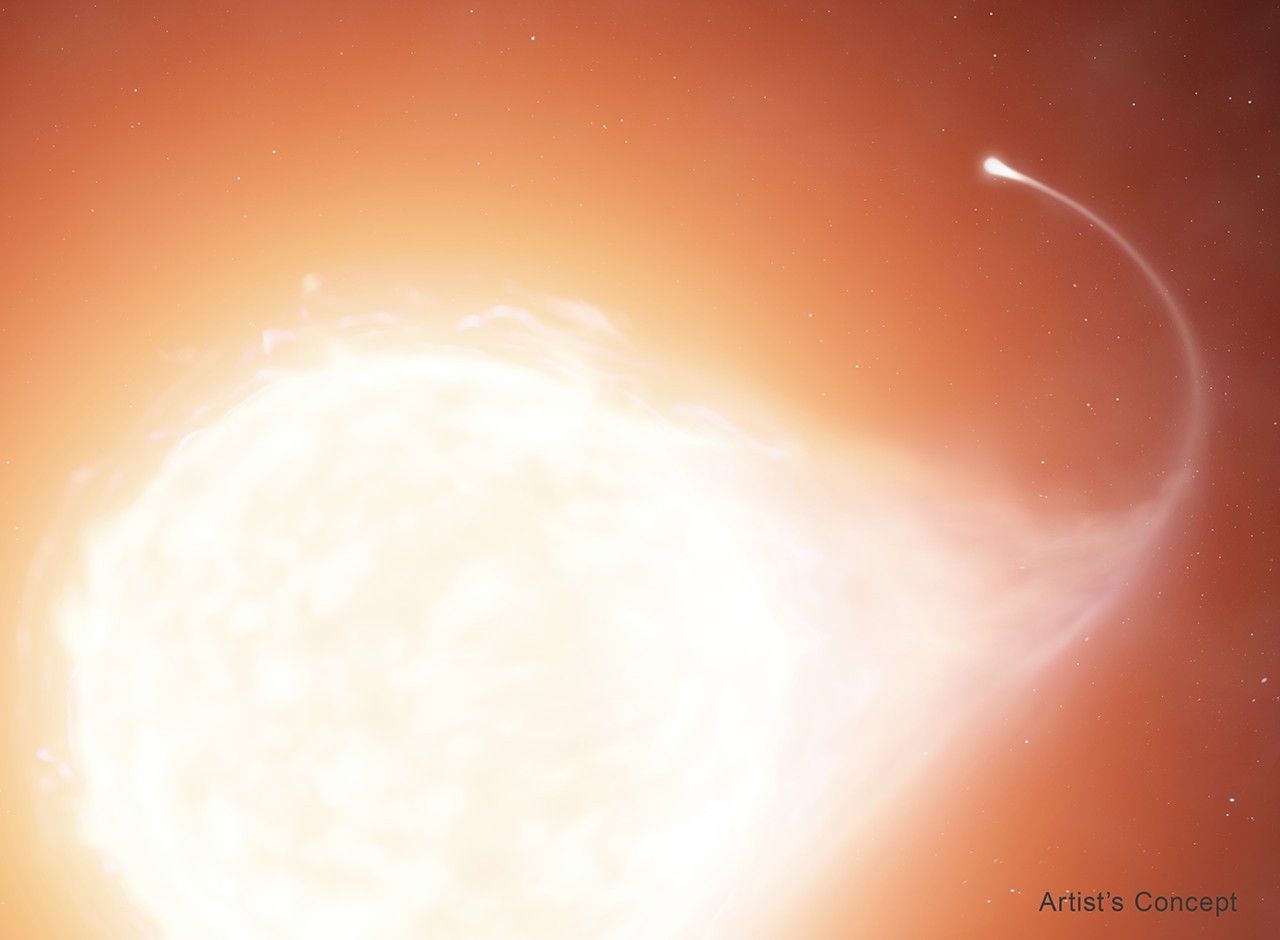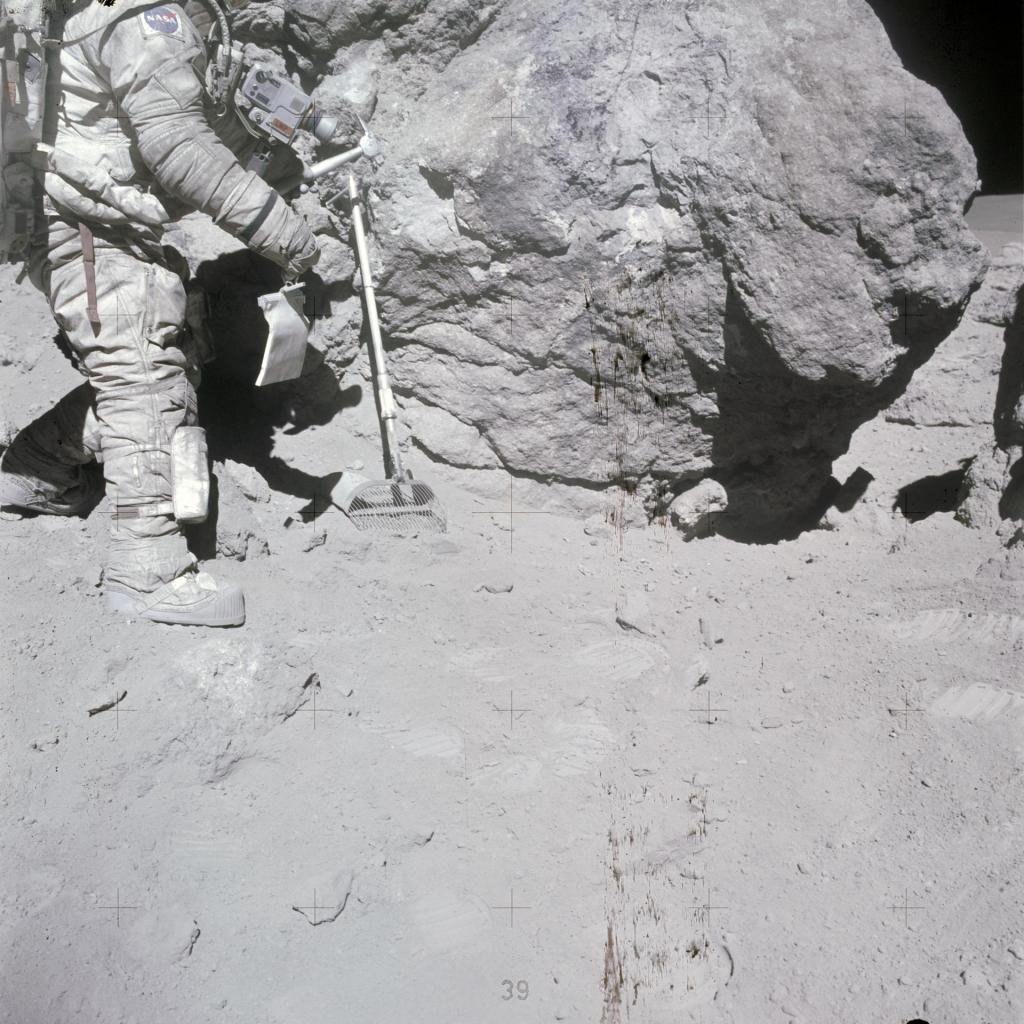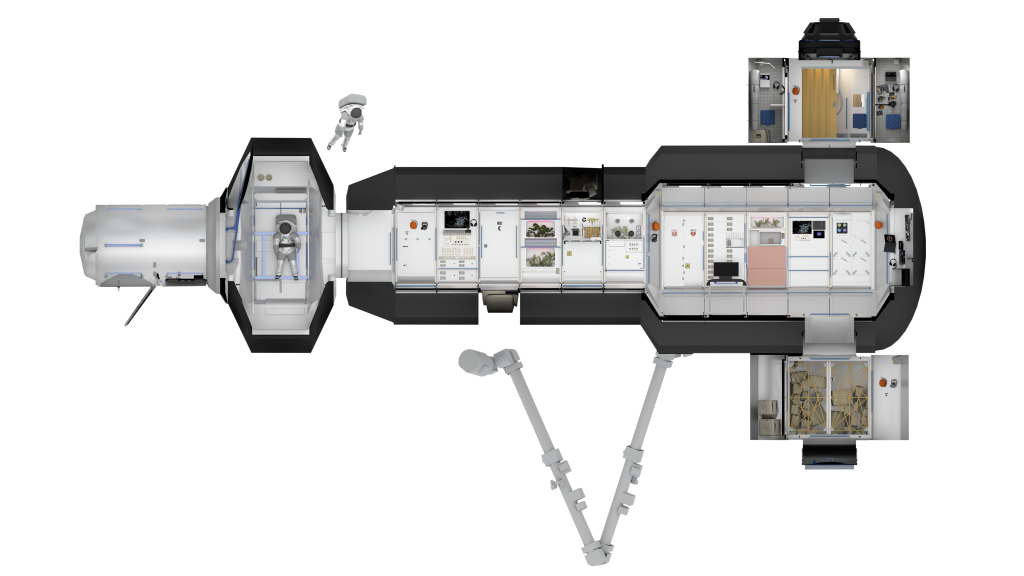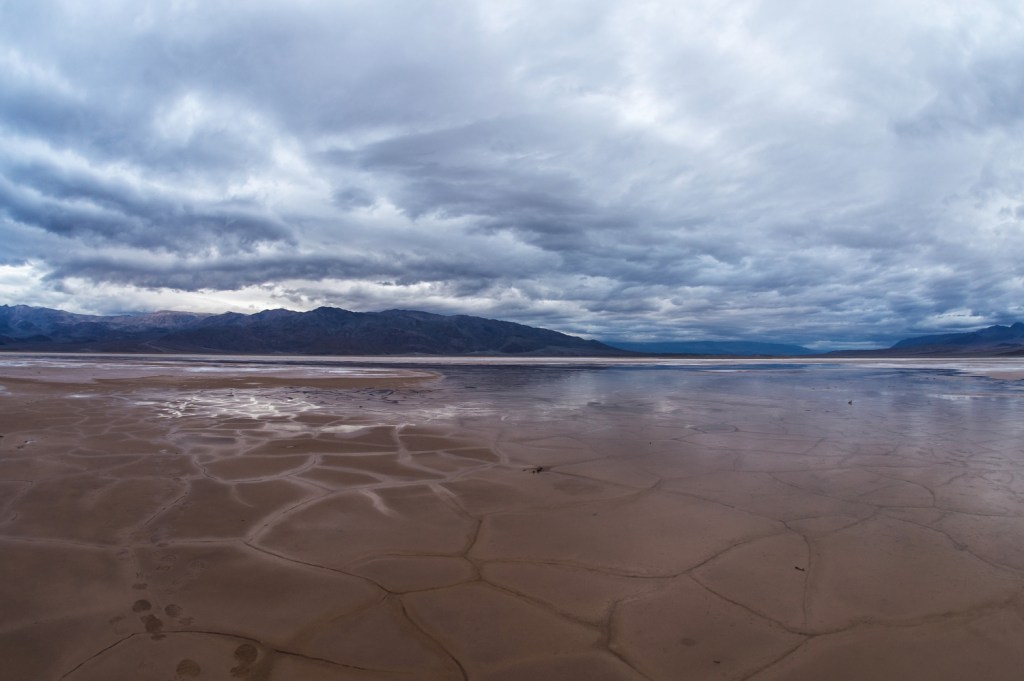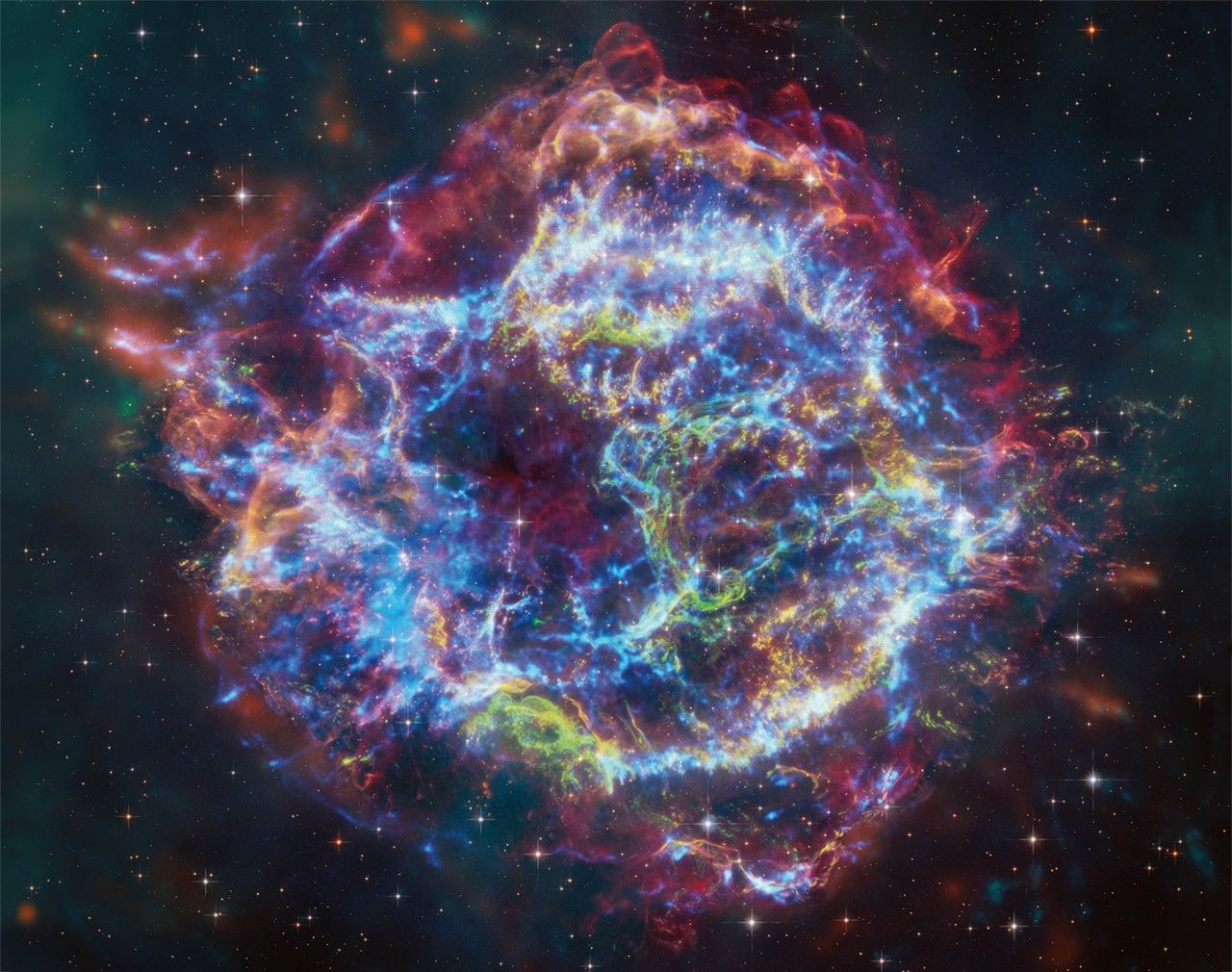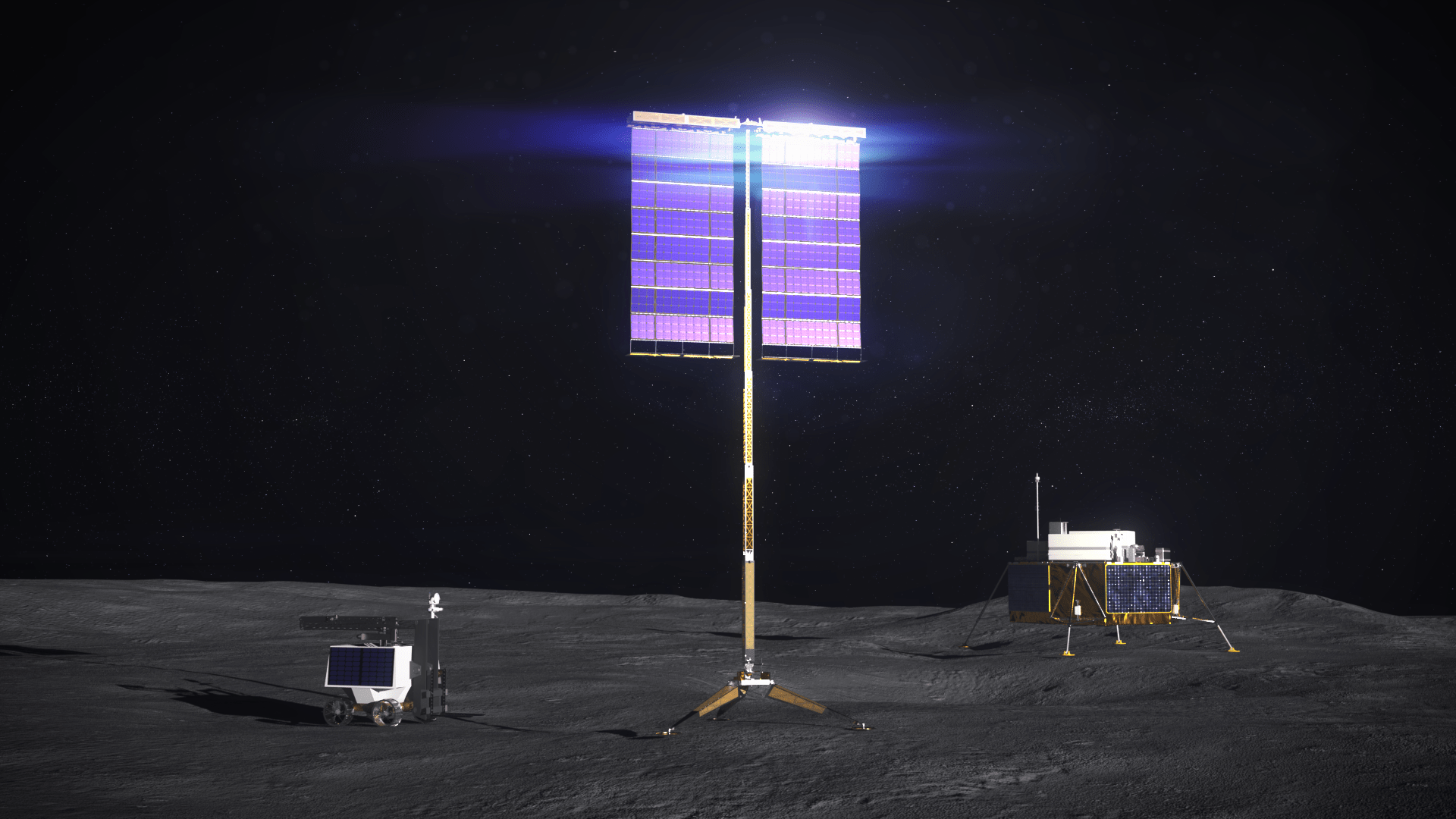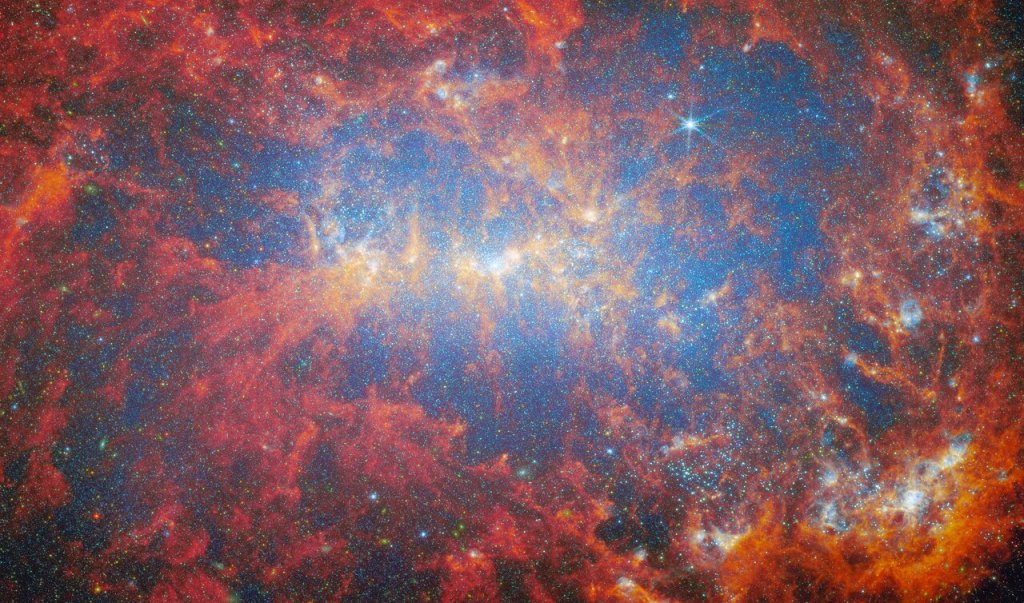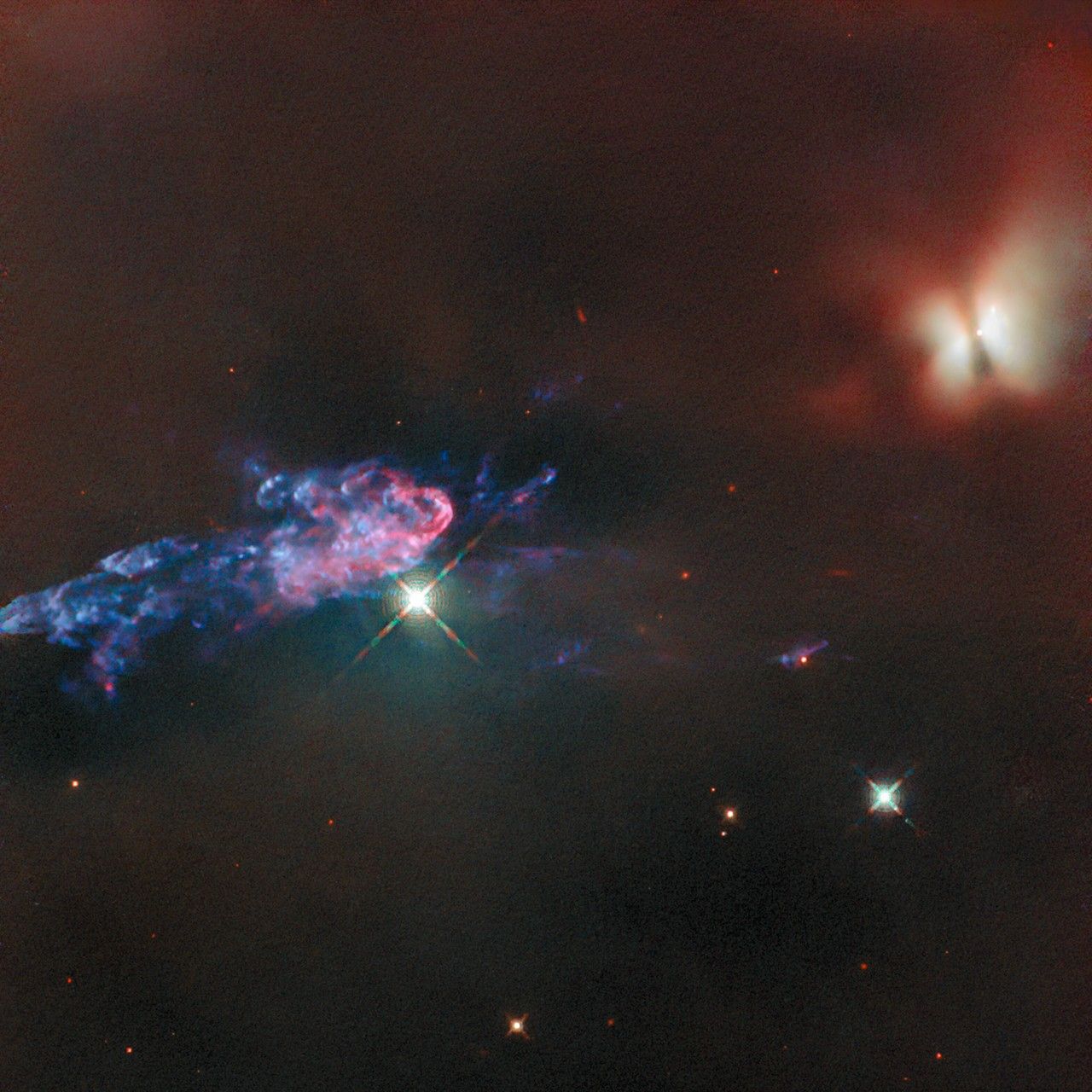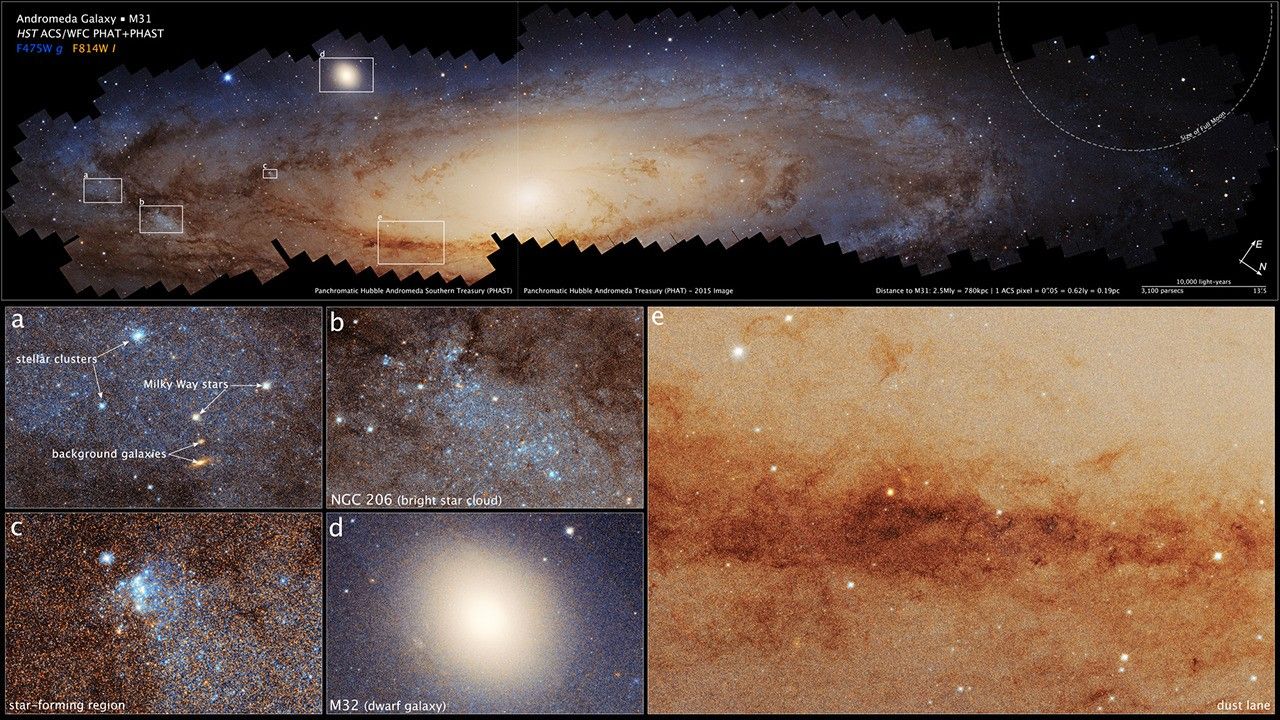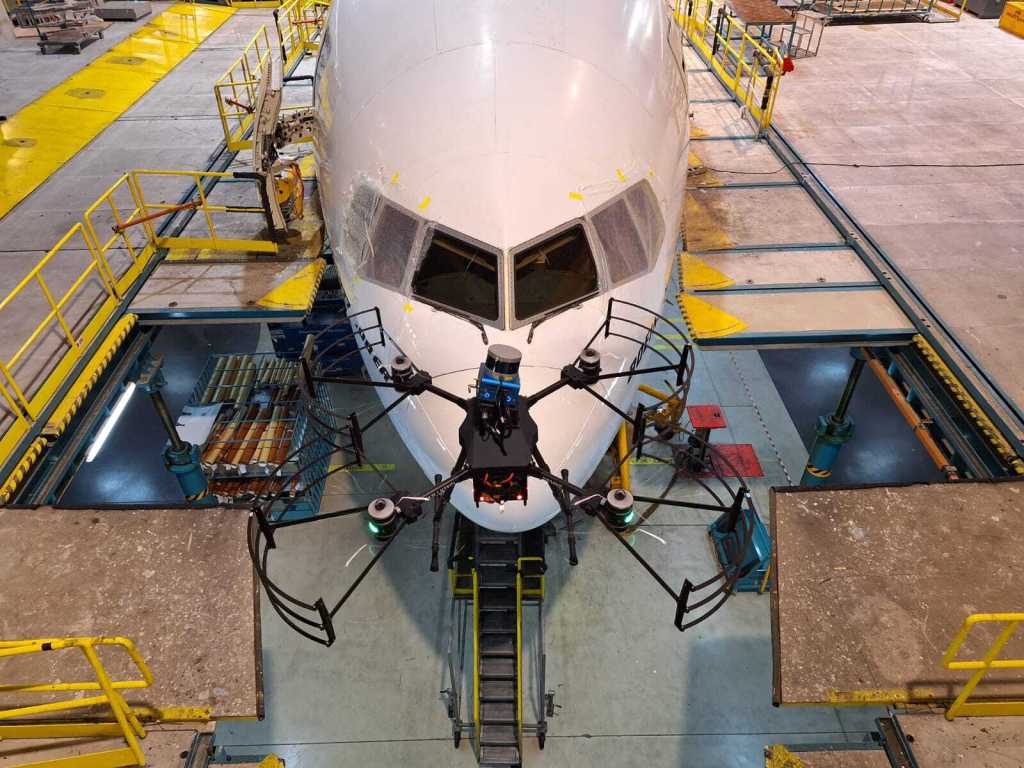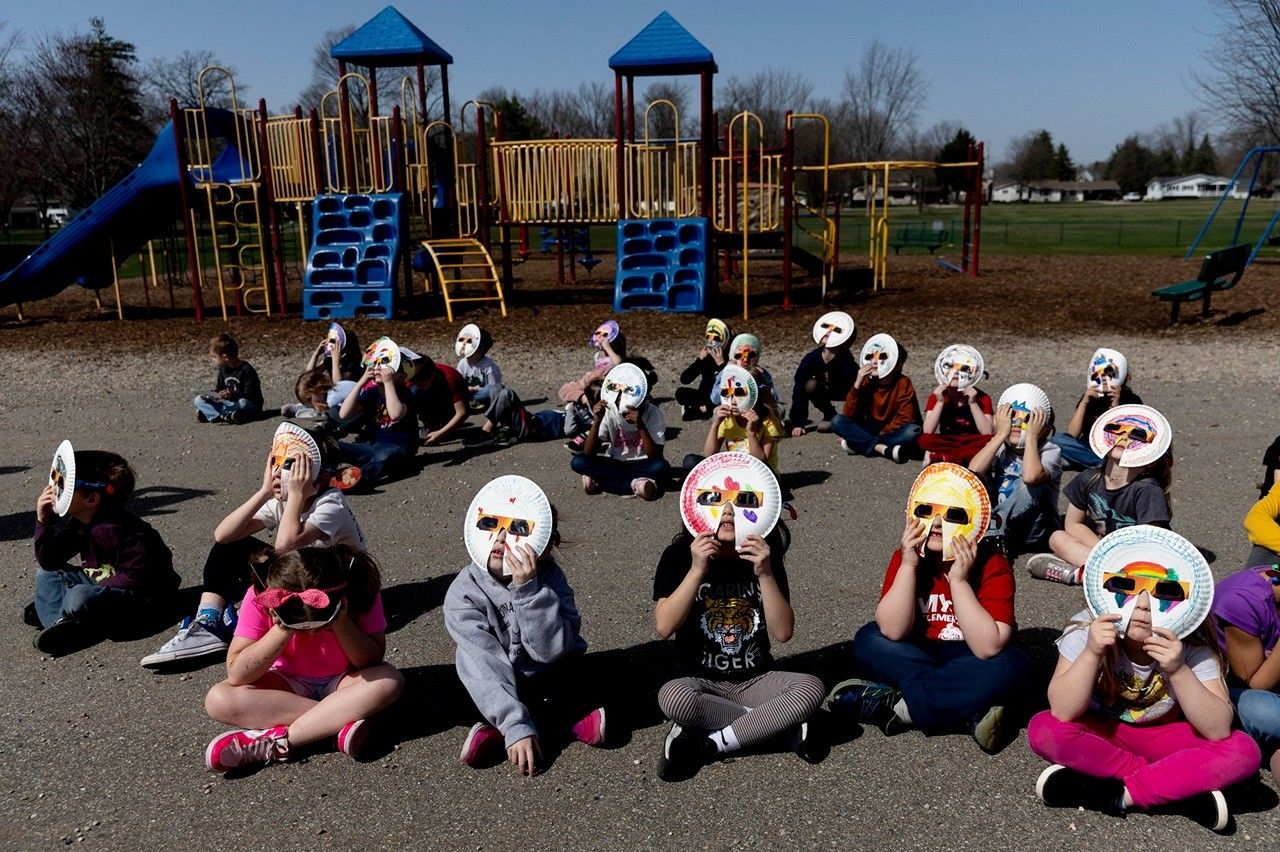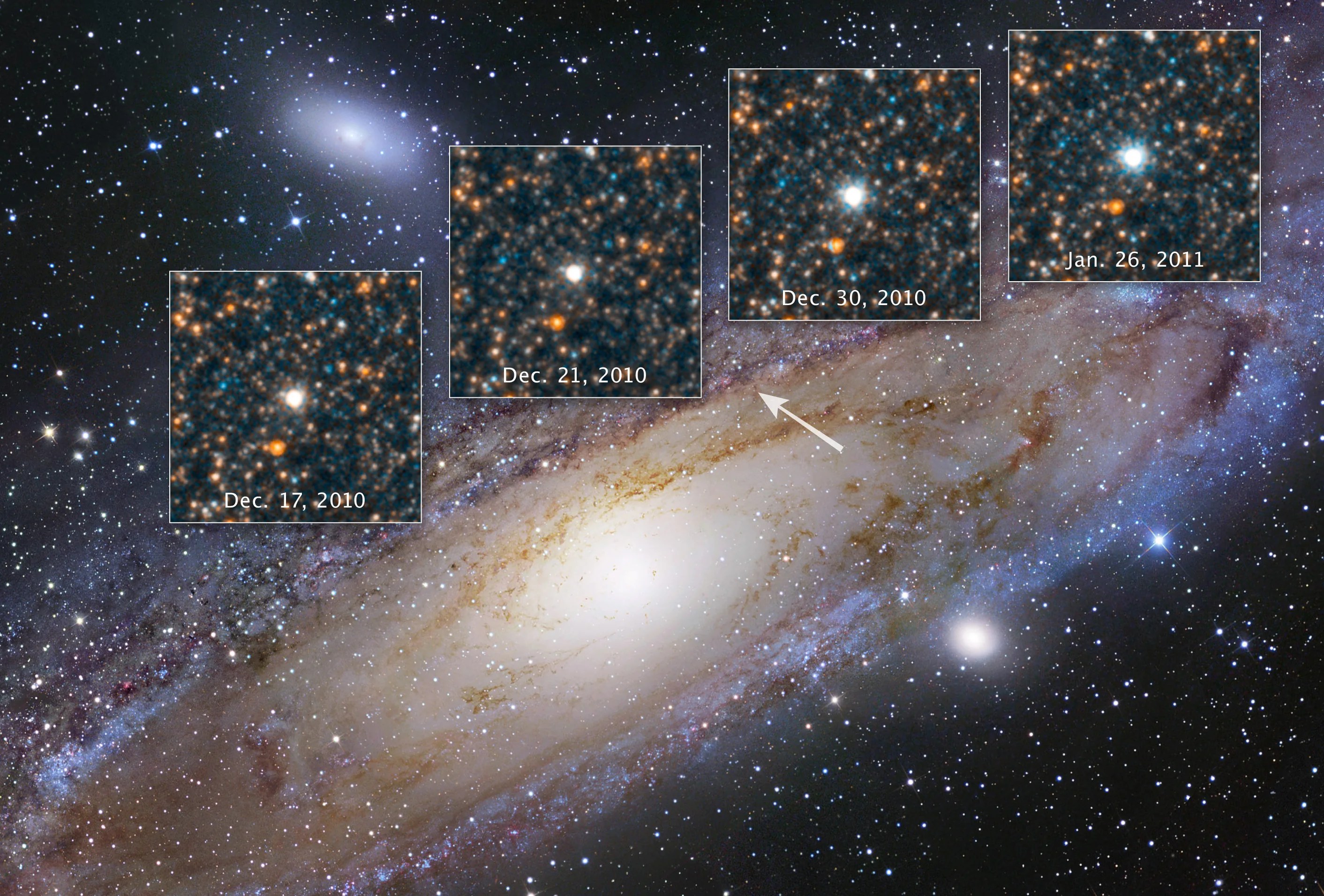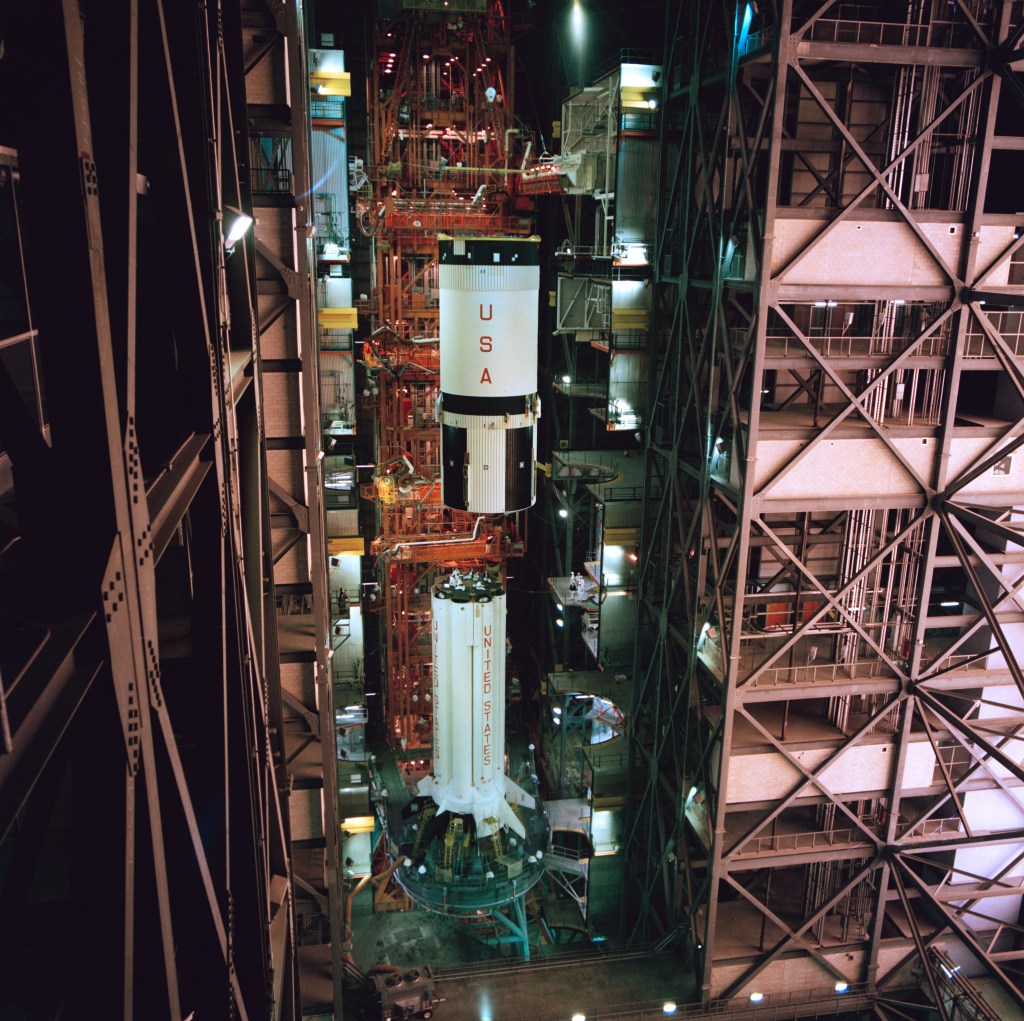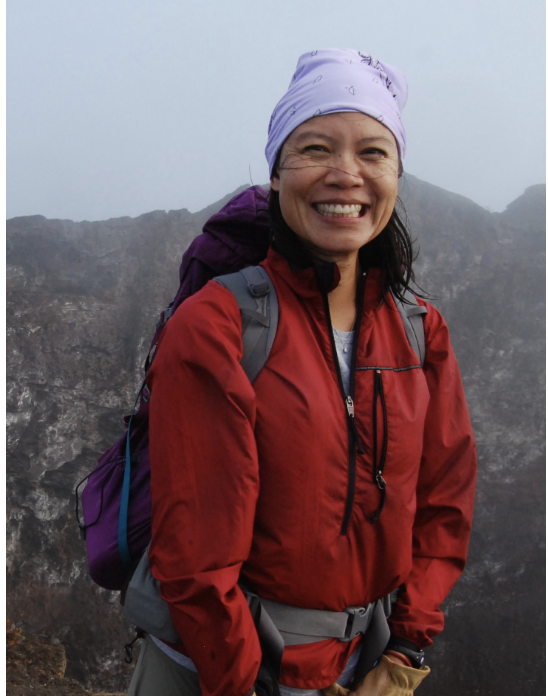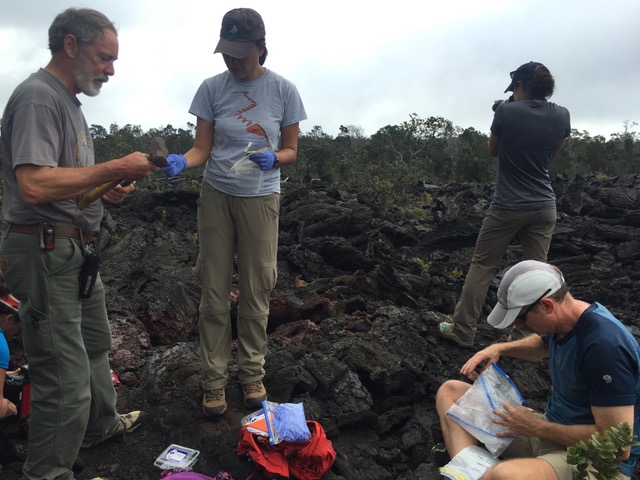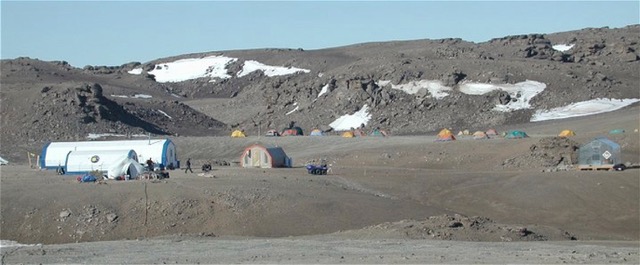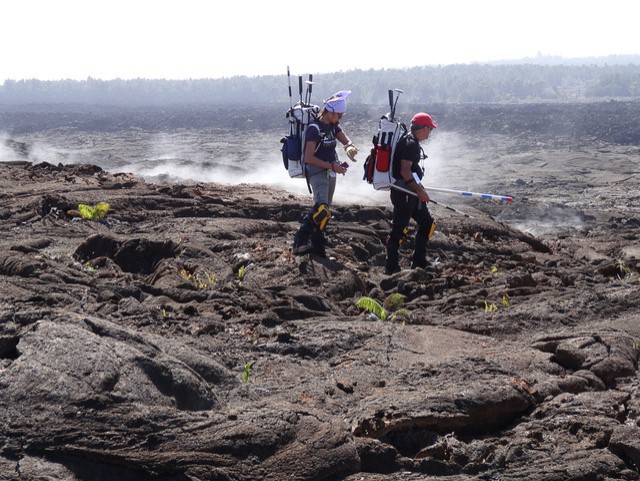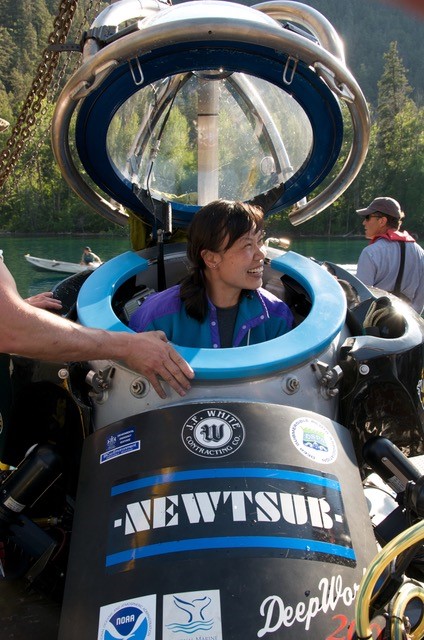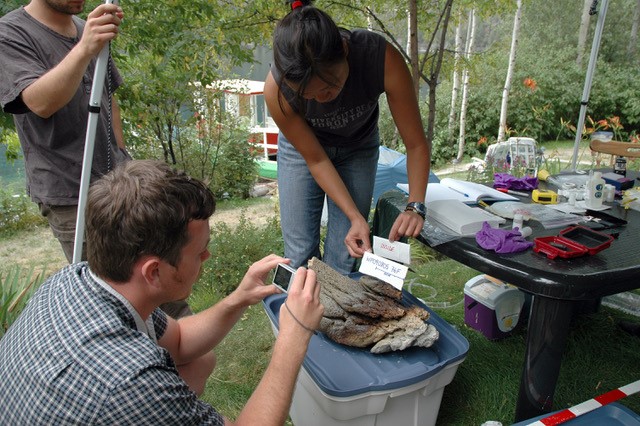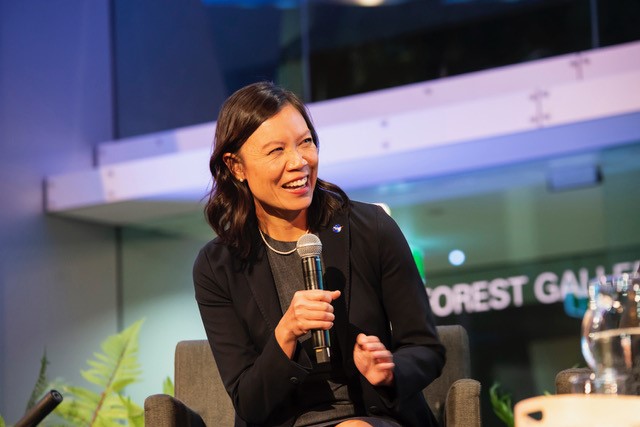We usually begin by inquiring about your young years, childhood even, sort of where you were born, where you grew up, what your family was about, and if anything might have potentially oriented you towards where you are today.
I was born in Canada and grew up there. My parents came to Canada from Singapore, and while we moved back to Singapore for a short while, they eventually settled in the city of Edmonton, in the province of Alberta.
I have these early recollections of when we first arrived in Edmonton, of my mom, in the depths of winter, carrying me to daycare in her canvas shoes. As she has since mentioned to me, those were the only shoes she had – these very thinly rubberized black canvas shoes with a Mary Jane strap over them – and I remember that the snow piles came up very high relative to my mom. She was, and continues to be, one very tough and amazing woman.
My parents worked hard. My dad had three jobs for a stretch of time; my mom did whatever she could to look after the family and when I started going to elementary school, she babysat kids to help make ends meet. I know they struggled to ensure that our lives would be filled with opportunity. One thing that was clear was that they expected my sister and I to do well at school. It’s kind of the same story that every immigrant parent has, that is, you come to another place, wherever that might be so that your offspring can have more liberties, more opportunities, than you had, and you are willing to sacrifice for that end goal. This, to me, is such a beautiful and tender manifestation of parental love.
Is English the language in Singapore?
Yes and kinda No – English is one of the languages fluently spoken by Singaporeans, but they also speak many other languages. Singapore supports such a diverse community, it is such a melting pot, and I think mom and dad were familiar with a few different languages and dialects growing up. Unfortunately, I didn’t learn to speak any Chinese dialect fluently from my parents. The story is that while my mom spoke Chinese to me, I sort of refused to speak back to her in Chinese. This was my way of “fitting in”. I would just respond to her in English. Today, I can process what somebody’s saying to me when I’m in Singapore, but I have to respond in English due to my childhood refusal to speak Chinese at home.
What are the other formal languages of Singapore?
Mandarin, Malay, and Tamil are listed as the official languages, but there are Chinese dialects such as Hokkien, Teochew, Cantonese, Hakka, and Hainanese that are spoken throughout Singapore as well.
So I do speak French. My mom had the foresight to enroll me in French immersion, which meant that everything I did was in French, except for English class. We learned our science in French, our math in French, everything in French. She was like “Fine, if you’re not going to speak Chinese at least you’re going to speak another language. Welcome to your new country!”
I did that until 9th grade, and then I switched everything to English, except for French class. French has been really useful for me. As I progressed and got out into the work world, after undergrad, and then even as I progressed into graduate school, working with people that were in Quebec, or in Ottawa, it did help to have that extra benefit of speaking French. The other thing my parents did to really embrace all that Canada had to offer was to take us out into it, so we did a lot of camping and hiking. My dad loves to fish, and we would go out together and sit on the dock. I remember the lake was called Pigeon Lake and another one was called Lake Wabamun; he’d tell me “you have to be very quiet or you’ll scare the fish”. And surprisingly, now that I think about it, I used to like sitting still and hanging out even though I was so little, just waiting for the fish to bite on my dad’s hook. I remember he’d read Time magazine and I’d sit there and look over his shoulder and just look at the lake and I think those types of moments impacted me because I had to be totally and completely present, which was a wonderful way to absorb the beauty around me. Those types of moments made a very deep and lasting impact on me. Eventually, as I grew older, we managed to start downhill skiing and skating outside. There was a skating rink across the street and I’d go there with my sister, and my mom and dad whenever they could, and just skate around in circles; it was fun. All those types of outdoor pursuits really impacted me. The other thing I want to mention is that I watched TV, probably more than I should have, but happily there were Jacque Cousteau specials on and they are so amazing. Experiencing the Canadian outdoors as I did, and watching Cousteau specials really made me want to explore.
I always liked Charles Kuralt. He would drive around small-town America and find interesting people and stories, oddball stories, unique stories, human interest stories. I loved those programs, and I thought the same thing: “What a great job!”
And they were always so optimistic.. I feel we need those kinds of things these days.
So, after high school you had to make some choices about where to go to college and what to study, so can you tell us kind of how that developed?
Yeah, so I applied almost coast to coast in Canada, I wasn’t sure where I wanted to go and then finally I decided to go east, to a place called “Queen’s University”. That was pretty far away from my home, but I think there was also a big bug in me that just wanted to leave and see something else. I actually enrolled in business but then I took biology as my option class and found that I had a stronger affinity for that than anything else I was taking.
Do you think, looking back, that your time spent out in the wilds with your father, fishing, and with nature and so forth, might have driven you towards this affinity for biology?
Absolutely.
That’s why I asked. Business and biology don’t necessarily go together, but I think I’m connecting it up with your early years.
There was a huge part of me that just wasn’t sure. Through high school, I did Junior Achievement and I ran a couple of businesses; they were just tiny businesses that we ran over the course of a year. But one year we won “Business of the Year”, I got “President of the Year”; all that really got me interested in entrepreneurship and business. I was also enrolled in Toastmasters through high school. So these types of activities made me think that Business would be a good major for me. Thinking back, it’s just really hard to know what to major in when you’re interested in a few different things. Turns out that my professional career in science has required many of the skill-sets that I originally imagined would only be valuable in “business settings”.
Funny thing is that in my senior year at Queen’s, I was recruited to work at an advertising agency. I had planned to head to graduate school with Dr. John Smol, but he gave me some of the best advice I’ve ever been afforded and that made me decide to take the ad agency job for a couple of years. He said to me something like, “Look, you’ve got these two jobs and it’s pretty cool, so why don’t you go do that (ad work) for a couple of years and I’ll just hang on to your graduate position here. But don’t take more than two years with this job before you decide what you want to do next because after two years you’ll probably get used to the income, you’ll be pretty into your job, and you might have a hard time switching directions and taking on graduate work”.
Wise counsel, I think.
Yeah. That deadline was so critical. I’ll never forget his words, and in fact, have passed on his advice to students that have since come to me when they’re at the same juncture in their lives. For me, after those amazing and exciting two years working in advertising, I knew where I needed to be.
And was the grad school not at Queens?
It wasn’t. It was at the University of Toronto. By pure coincidence, one of John’s former students, Marianne Douglas, had just accepted an academic position at U of T when I was deciding to head back to grad school. I was already living in Toronto, so not having to move was definitely appealing. I thought Marianne was an absolute joy from the moment I met her, and happily, she accepted me as her first student with John as my co-supervisor. I started conducting field work in the Arctic through my graduate years with Marianne and John.
This is just a little bookmark, but there is a program on the History channel called “Alone”. I don’t know if you’ve seen it but they take a group of 10 people up into the wilds of Alaska or Canada and put them in different places so they are not in contact with each other and they let them have a few things they can bring but then they have to survive longer than the other 9 people. Really, and they get checked every week or so to make sure they are physically and mentally OK. The big problem is food, and they try to hunt, trap and fish, and that kind of runs out when the freeze comes. The lake freezes over and they can’t fish anymore, the birds go south, some animals go into hibernation, plus it gets very cold and survival becomes more and more difficult. And you’re alone, which plays on your mind. The aloneness and the conditions, where you’re dependent on your own self. They lose so much body mass that some of them have to be pulled from the “game” because their body starts to turn in on itself. And when the fat burns off, or is consumed, then your body will start consuming muscle and tissue and that’s dangerous. You can have organ failure. It’s just amazing. I’m thinking about you being up in northern Canada, and when you said “camping” that’s what struck me.
Oh, No! It’s not that dire, thank goodness. But it’s still strenuous. These people that I work with, they’re so tough and yet so lovely about it. What we do, it requires a lot of teamwork.
When I look back and connect the dots, I can see that my entire life I’ve lived or worked in the ‘in between’, I’ve had to integrate, I’ve had to build consensus, I’ve had to understand lots of different ideas, and bring people together. Those are skills that I didn’t learn overnight. It’s been a lifetime of learning, of making mistakes. I think that growing up in an environment where I stood out and where I was always trying to understand and synthesize the cues from my environment, that this trained me in many ways to play the role that I play in various teams today. Today, a good bulk of my job entails, managing multi-disciplinary projects, and turning them into really productive interdisciplinary endeavors by bringing out the best in people, and allowing them to reach their full potential.
So, take us from your Ph.D. degree along the path that ultimately got you to NASA.
I think it was during a summer field season in the Arctic while I was pursuing my master’s degree that I came to learn about the Mars research that was going on here at NASA Ames. It was the relationship between extreme environments on Earth and their value in understanding other planetary systems in our solar system that really caught my attention. And I was like “Geez, Wow! That is incredible”. I had never heard about ‘analogs’ before and so being super curious, I ended up meeting with different people who were in this field. And then as luck would have it, just as I was finishing up my master’s degree, a high school intern, Margarita Marinova, joined our lab. She was a total “Mars-o-phile”. I mean everything she could do to learn about Mars, and human exploration of Mars, she did. And she started talking to me about it all, and then we realized that we had this interest in ‘Humans to Mars’, in exploration, and in a whole bunch of other topics in common. We found this incredible simpatico between the two us and she said, “Hey, I’m going to this thing called the Mars Society conference, do you want to come with me?” And I said, “Yeah, actually I do”.
The conference was in Colorado, and I remember that the exchange rate between the Canadian and US dollar was brutal, and being in grad school, I had zero money, but I remember I found the cheapest flight I could possibly find and I found a way to sleep on somebody’s floor, and I went with her. I met Chris McKay, and Pascal Lee, and Carol Stoker, and I was just blown away.
I ended up talking with Pascal Lee as he was just starting the Haughton Mars Project and said to him, “Hey, I’m a limnologist, I heard your talk about the Haughton Mars project and that the (Haughton Impact) crater was formerly a lake. Are you looking for anybody to study the lake sediments or the other lakes around there?” And he said “Yes, as a matter of fact. We have all these cores and nobody’s looking at them.” I was just in the process of formulating my Ph.D. plan and I went back to my supervisor, Marianne Douglas, and said “I just want to let you know that I met with this person from NASA Ames and they’re interested in this paleolimnology research pathway on Devon Island. Can we add that in as part of my Ph.D.?” And she basically said “Absolutely! I need you to do what you and I agreed upon for your Ph.D., and if you want to add this work on at Haughton Crater, then let’s make sure that you do that.” So, she met with Pascal as well to figure out what would be possible. She was really amazing to me. I ended up being able to work at the Haughton Mars Project for a portion of my Ph.D.; I worked on the present-day lakes and ponds, and on cores from the ancient crater lake. And I got to help build the field station, with Pascal and with so many others. Also, during my first two summers on Devon Island, I got to be part of the inaugural crew of the Mars Society’s Flashline Mars Arctic Research Station and helped to build that structure as well. So, I really got, through my Ph.D., embedded into this exploration and analog community, and met a whole bunch of people here at Ames and elsewhere.
And then towards the end of my Ph.D., Chris McKay said “Hey, Darlene, I’m looking for an NPP next year. Are you interested in coming to NASA Ames?” (Me: “Are you kidding? YES!”) And he went on to tell me that the post-doc project would be to work on this lake in Canada – Pavilion Lake – that had microbialites and that could be viewed as an analog to early Earth systems and even to past aquatic systems on Mars. Fortunately, my NPP application was accepted, and I got to come here to work with Chris.
When I got to Pavilion Lake, it quickly became apparent that a limnological study would certainly result in a published paper or two, but it had so much more potential than that. So within probably a few months after visiting the lake, I started writing proposals and I got a National Geographic grant funded that got myself and a few folks on our way; Chris leveraged ASTEP funding, and then a Canadian Space Agency grant was funded and then things were really underway. So, the Pavilion Lake Research Project was founded by me during my postdoc and ended up rolling on for almost 11 and ½ years. That was my first foray into running a large scale analog program. Learned a lot; made a ton of mistakes, but so many other analog projects going on today, or science-driven exploration activities within other analog projects like NEEMO, find their roots in Pavilion Lake work, and so many careers and professional connections were impacted by the Pavilion Lake Research Project; its really fun to think about. Was all about creating a science-driven exploration analog, and trying to stretch every dollar we had as far as it could go.
What have been some of your findings? You mentioned earlier in the Arctic, looking at climate change or maybe something that you’ve done in the analog work here, have there been any interesting findings or maybe the thing that you’re most proud of in your career of, how long, 16 years?
Yes, almost 16 years.
These things don’t come annually, I know that. It takes a whole career to look back and say, “Well, that was a high point”. But if you were justifying your research to the taxpayer as to why it was worthwhile, would there be something specific that you would point to?
Oh, absolutely. I mean the whole reason why I do this work is because we hope to continue to do science and exploration when we send humans out into our solar system. And what we hope to avoid is having to retrofit, or kind of squeeze science into engineering solutions that are put forward for human missions. This could result in engineering systems that don’t flex and bend with the process of science. The process of science, whether you’re exploring in the field or if you’re in the lab, it ebbs and flows. So the ideal would be to have systems that are able to respond to this type of dynamic working environment requirement of science and exploration. Most of my time here at NASA Ames has been built towards trying to facilitate a conversation that will get us to this end goal.
And to answer your question, each of the projects that I get a chance to be a part of has added to the conversation. Most recently, through the BASALT (Biologic Analog Science Associated with Lava Terrains) program, we have put forward a bevy of papers and requirements for conducting human scientific exploration on Mars. We have been sharing this information broadly with the EVA community, with the science community, with the communications community and so forth. As an example, we’ve looked at whether we need to stream video from Mars to Earth during EVAs, that is to enable science, and found that while valuable for certain phases of the EVA, there are other tasks that might benefit more from hi-resolution stills. This and other related information has been published and directly communicated to the SCaN (Space Communications and Navigation) team, as it can help them to build the type of network and budget for the type of network that’s going to be required to support future human scientific exploration on Mars.
What is a typical day like for you and what do you like best at least about your job?
I’ll answer the second one first. I can definitely say that I love my job. That doesn’t mean that I’m happy at every single moment of my professional day because there is stuff that just comes in and out of your day, but it is such a privilege for me to do this job. I’ve taken you back to my very early years and there have been struggles, but the joy of doing this job is immense so the struggles are worth it.
My typical day usually ends at minimum at midnight. I end up working really late because there are so many things that happen through the day that I need to catch up on so that the subsequent day is teed up for success. I’m back up early because I have two kids that are in school. I’ll usually jump onto email really quickly before the kids are up so that I can check on the progress that comes in from my East Coast colleagues overnight. Especially if we are on a tight deadline, I find that doing this keeps things moving at a solid clip throughout the team, no matter where someone is located. And I do have a morning ritual to get my body ready for the day’s demands – I drink a warm glass of water with fresh lemon juice squeezed in it. And, if I can, I’ll pop a handful of blueberries. Find it sorta jumpstarts everything. Once the kids are off to school, usually there are telecons that then start up; I try to take those at home to wait out traffic, and then put in the commute; I’ll usually stack telecons and carefully block work periods to get through data, document drafts, whatever else is on my plate. Working from home, particularly when there are almost no breaks in my schedule, is helpful so that there is a little transition between ending a meeting and then heading off to pick up my kids or making dinner, and things like that. After they are in bed, my computer comes out again. It seems kinda intense when I articulate my day…
How old are they now?
I have one that’s thirteen and then a nine-year-old.
Wow, if you’re up until midnight and then trying to catch up with East Coast time in the morning, you don’t get much sleep!
I don’t get much sleep and you know it’s funny because my teenage son has been learning about the importance of sleep and he recently gave me a lecture about “You have to sleep more mom!” He’s also seen me, through the years, pull many all-nighter’s; he’ll see me in the morning at the dining table, and I remember him being very young, and saying, “Mom, have you moved all night?” And I would reply “No, honey, I haven’t, I’ve been trying to jam on things.” It can be a tough life being a ‘soft money’ scientist because there’s no margin for error. You have to win if you want to eat and so I’ve definitely pushed the envelope on that. But I don’t want to leave you with some sob story, because I’ve had a great time here at Ames, working at BAERI, and working within NASA. I made a conscious decision to stick with being a soft-money scientist over the years even though other really fun opportunities have come up – basically, I figured out all the pro’s associated with my job, and found that they far outweighed the cons, and accepted that there would be sacrifices along the way. And lucky for me, I’ve met some amazing people who have wanted to stick around and be part of these ideas and programs and to work alongside me. They inspire me every single day with their generosity and support.
We feel your passion for your job and I almost hesitate to ask this but we have been asking if you weren’t doing what you’re doing now, would you have an idea of what your dream job would be?
I’m doing it!
That’s mostly what we hear but we have heard from people who would rather run a bowling alley or something like that, for example! (laughs)
I think passion can be rerouted, absolutely. But at this moment in time, I am doing what I love best and I definitely hope that I don’t run this out to the point where I just kind of stick around because I feel like there is nothing else I can do. I’ve lived a life where my passion has been rerouted a number of times. I cannot tell you that when I was three, I knew I wanted to be a planetary scientist; I knew I wanted to explore, that was the one theme that I know has run through my entire life but there was a period when I was deeply invested in being a ballerina.
That’s interesting! That’s what comes out when we ask that question! Some little thing that no one would know if they only see you in your work context, that you had this other dream or passion, whether it ever came to fruition or not, because they’re not all going to, but then you’re happy with the one you have.
Yeah, but you learn to love being passionate about something, and accepting that that could come with deep failure.
And there are tradeoffs.
There are trade off’s, absolutely. And you learn about that too, and that’s a skill that you can apply to the next passion and the next passion. And you learn about closing and tying up loose ends and you learn that that’s a necessity. You can’t just be passionate and love something without discipline; you actually have to deliver to that passion and that to me is so important. And I’ll tell you something that strikes me as well, CV’s are so misleading. You know I love being here, I love that you guys are asking me these questions, but definitely I also want to say that I’ve had so many failures, there should actually be something like the antithesis of a CV where you list your failures out, because in many ways that should tell you more about the person and their capacity for resilience, and their capacity for delivery and moving through difficulties and struggles, than their CV. A CV just kind of gives a very glossy, superficial look at what who a person truly is – what they are made of.
That is brilliant! I’ve never heard that, but it really is, that perspective.
Can you fail and recover and get back on your feet? My list of failures is long and deep, and I’m proud of those. Tears, lows, you know, throughout. And then, the joys of recovery and having things work out.
Which, as you said, have been worth it.
They’ve been worth it.
What advice would you give to an aspiring young person who would like to have a career like you’re having?
Be kind to yourself. Let yourself fail. Go through the emotions of that failure and don’t be too hard on yourself. And know that anxiety is a part of a person who cares deeply about something and a person who wants to do well. If you have anxiety about something, it’s very, very normal. The most incredibly successful person, that person you admire, probably had to deal with anxiety of all sorts, even if they maybe don’t want to talk about it. But it is a thing and you shouldn’t be ashamed of it and you should just know that it’s a superpower to be harnessed. And that realization is something that I’m grateful for, that I’ve had personally, and I hope that younger people who are coming up through the system know that it is super, super fine to be anxious.
So, you’ve told us a little bit about your family. Do you have any hobbies, interests or talents that people here may not know about? And perhaps on top of that question is: what do you do for fun?
OK. There are so many people here who are super good at things. I don’t have, I think, any such superpowers, but the thing I love to do is to hang out with my immediate family, with my two kids and my husband, and we have a dog now. I love dinner with them when everybody’s home and we can all sit down and have dinner, it’s super fun! I love when we travel together that’s such a joy, just going out and seeing things and learning, and seeing my kids’ sense of humor develop over time, is so amazing. And, knock on wood, I have a lot of fun with my husband. We’re good buddies and it’s wonderful. I met him in my biology class, which is one of the other super awesome reasons that I’m so grateful that I took that class!
And then some of the hobbies that I do on the side. I love to run. I love to swim and I love to hike and to sleep in cars when someone else is driving of course. Actually, my favorite time to catch a nap is that moment when I’m on a plane and it starts accelerating down a runway to take off. There’s nothing I can really do or worry about at that moment, which is kind of relaxing, and so I find that I just fall into a really deep sleep. Then I’ll pop up once we’re in at cruising altitude. I think this behavior is a vestige of when I was younger and would fall asleep while riding the public bus from school to ballet practice; somehow I just knew when to wake up when I was about a stop or two away from the ballet school.
Do you ever use the Ames swimming pool here?
Not any more. I did when I was a postdoc, but now I find that I have to squeeze these things like swimming in very odd hours, with everything that’s going on.
Who or what inspires you?
My kids! My husband, every working parent, the people I work with, the people who struggle alongside me.
And if there is perhaps an inspirational quote that is meaningful to you?
OK, I’ve got that one! The quote from me is“Il faut aller voir”, a quote from Jacques Cousteau: “We must go and see”. I love that quote. I have it up kind of up here, (points to her head) imbued.
That’s it! That is exploration, right there.
Exactly, distilled to its very core. That to me is the quote.
But to that point, you know, I get asked, “What is your favorite place in the world, that you’ve seen? And I always say I cannot choose because you know that’s like choosing a favorite child. Because I’ve seen the sun never set in the Arctic, I’ve seen it never set in the Antarctic, I’ve seen sunrises and sunsets on the water, standing on volcanoes, in the deserts, in cities, all over, and they’re all beautiful.
I feel like that when people ask me what my favorite color is. Because what is one color if you don’t have the other ones? You know you have to appreciate all of them.
That’s a beautiful way of putting it.
Are you still doing field work, with your family responsibilities and everything?
I still do fieldwork I actually just had a very heavy field schedule; you know, the last 18 months have just been really crazy going into the field.
Where did you go?
On ships, out in the ocean in support of SUBSEA (Systematic Underwater Biogeochemical Science and Exploration Analog) research program. Those trips take me away for a month and you’re really out of contact when you do that because communication is expensive and the bandwidth is limited to just the operational elements, so I’m really disconnected from my family.
Even with satellite communications and all?
Yeah because the bandwidth for the satellite is strictly for transmission of critical data from the ship, so we are not allowed to use it for personal time to communicate with the family. I can’t do FaceTime with the kids or anything. I can call them but if they don’t see your face then it’s a bit of a disconnect when they’re young. I went to Iceland recently on-field deployment, and we’ve been operating in Hawai`i and Idaho and a number of different places. And then I have meetings and talks that I give all over the place. I was just in Australia for two weeks lecturing throughout; there’s a lot of travel involved with my career, and so that’s something that I have to manage.
With the busy life that you obviously have we appreciate that you were willing to take the time to just sit down with us for an hour and have this conversation.
No, thank you for the privilege.
I’m curious about your parents and how did they take it that you decided to pursue science?
Not well at first! (laughs) But they are all good now.
What does your husband do?
He’s an entrepreneur focused on learning, design, and technology.
Is his work oriented at all towards biology?
No, not at all. He was in general science but then he switched into business. And so we just kind of took each other slots almost!
That might have made your parents breathe a little easier!
Yes! (laughs). The interesting thing is that our worlds are intersecting because he teaches about design thinking, and on our analog projects, we are trying to move in that direction as we noodle on these very complex problems of integrating science and exploration. We really have to take a new look at the process of integration.
You are blessed, too. Thank you!
I am deeply grateful. Thank you, it’s been a pleasure!

